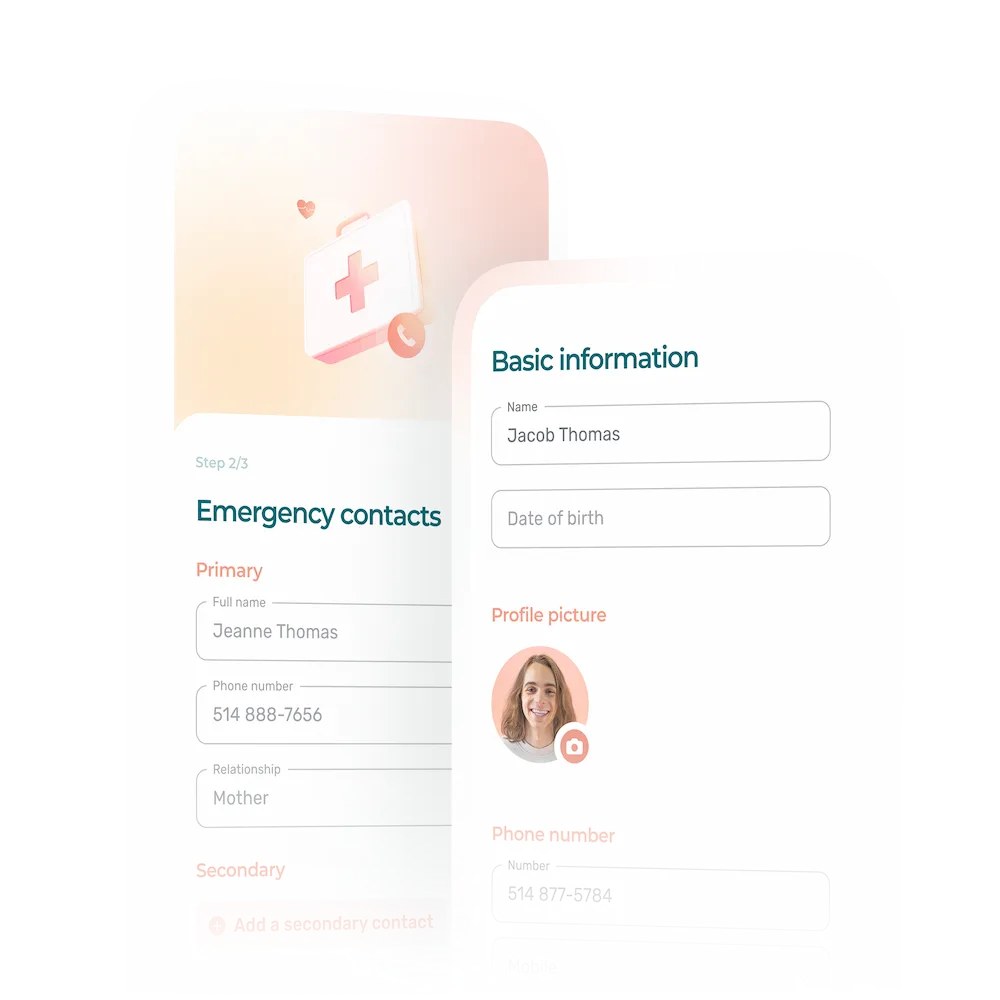An exit interview is a meeting held after an employee has resigned. The goal is to better understand the reasons for their departure and to pinpoint areas of improvement for the company.
Exit interviews are gaining traction, especially in large companies. This being said,
the practice is deserving of being more widely known to all companies of all sizes.
How Does an Exit Interview Work?
In any business, some turnover is inevitable.
Instead of a failure, every departure should be seen as an opportunity for improvement.
The exit interview is an opportunity to ask an employee about their work experience in order to get constructive feedback. It’s also the perfect time to recognize the employee’s contribution to the company and thank them for their work. The exit interview helps end things on a positive note and make the person an ambassador for your business.
Of course, in order for the employee to feel comfortable speaking their mind, the meeting should not be held by their direct manager but by someone neutral, such as a member of the HR team. It should also take place soon after the employee hands in their resignation letter so that their work experience will still be fresh in their mind.
The interview should ideally take place in person, but can also be done by phone, video conference or even via questionnaire. To make sure you get the employee’s honest answers, avoid forcing them to participate.
50 Examples of Questions to Ask During an Exit Interview
Their Reasons for Leaving
1. When and why did you decide to change jobs?
2. What made you decide to take a new job?
3. Was there a specific event that prompted you to leave?
4. What caused you the most problems in your job?
5. What company are you going to work for?
6. What is your new title?
7. What projects motivated your departure?
8. What type of job are you leaving the company for?
9. How long had you been looking for a new job?
10. How did you find your new job?
11. Did you talk to your manager about your job search?
About the Organization
12. What did you like the most at our company?
13. What tasks or responsibilities did you enjoy the most?
14. Do you feel like you were able to develop at the company?
15. Did you have all the tools you needed for your development?
16. Do you think your work team was motivated?
17. Which of the company’s initiatives was most motivating for you?
18. Did the members of your team get along well?
19. Was the work atmosphere pleasant?
Areas for Improvement
20. Do you have any suggestions for improvement regarding employee management, recognition, employee professional development, the processes in place, the work tools, etc.?
21. What would have made your immediate supervisor a better manager?
22. How will you remember your experience with the team?
23. What more could we have done to keep you at the company?
24. What could the management team have done better?
25. Is there anything else that could be improved at the company?
26. Do you think everyone at the company is treated fairly?
The Future
27. Would you recommend the company to people close to you or potential candidates?
28. Would you recommend the job to people close to you or potential candidates?
29. If we have an interesting position that aligns with your career goals, would you be willing for us to contact you again?
30. Do you think that other members of your team are about to leave?
31. Would you like to come back to work for the company one day?
Working Conditions and Environment
32. What do you think of the working conditions offered by the company?
33. What do you think of the work schedules offered by the company?
34. Do you have any feedback on the premises?
35. Is the company uniform or dress code appropriate in your opinion?
36. Were you satisfied with your salary?
37. What do you think management should do to improve the work environment?
38. How would you describe the company’s culture?
39. What initiative do you think would boost employees’ motivation?
40. Do you think there were enough social activities?
Management Style
41. Did you have a good relationship with your immediate manager?
42. Did you feel like you could share your opinion and be listened to?
43. Did your manager show leadership, in your opinion?
44. What could your manager have done better?
45. Did you receive enough feedback, in your opinion?
46. What was your manager’s main strength?
Parting Questions
47. What were your reasons for leaving your position?
48. What did you like the most/least about your job?
49. What could the company do to improve the work environment?
50. Is there anything else you would like to add?
End Things on the Right Foot in Order to Leave On Good Terms
Obviously, if you never asked your employees any of these questions while they were working at your company, there is a problem. Make sure to hold one-on-one meetings with your employees to check in with them and adjust before it’s too late.
Do not forget to write down the results of the exit interview. You are wasting your time if you don’t keep track of the results in order to assess your turnover rate. Keep the information in the employee record.
An exit interview is a time to listen—not to justify yourself. Let the employee fully speak their mind. Conclude the meeting on a positive note by thanking your former employee for their time.
Remember, it’s priceless to have an employee remain an ambassador for your company even after they leave. Don’t miss out on this opportunity!










